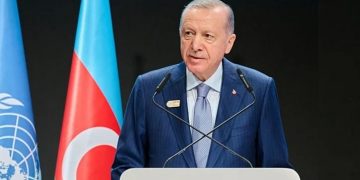Twelve Russians have appeared in court in Moscow over clashes at an anti-Vladimir Putin rally in 2012.
 Ten of the defendants appeared inside a glass cage known as an “aquarium”.
Ten of the defendants appeared inside a glass cage known as an “aquarium”.
Critics of the president say the Bolotnaya case – named after the Moscow square where the clashes occurred – is a throw-back to Soviet-era show trials.
The police say protesters turned on them with metal bars and flagstones in demonstrations that began the day before President Putin’s swearing-in.
The case is being heard at the Moscow City Court because a district court does not have an aquarium big enough to accommodate the suspects.
Thursday’s hearing began what activists say is the first mass political show trial in President Putin’s Russia aimed against ordinary citizens as opposed to prominent opposition figures.
‘Shed blood’
The charges include mass disorder and violence against the police. Some of the defendants could face eight-year jail terms.
Supporters in the court clapped and chanted “We will win” as the suspects were led into the courtroom for a preliminary hearing, which is closed to the media.
Relatives and friends of the accused cheer them as they arrive at court
Georgy Satarov, a former aide to ex-President Boris Yeltsin, told Reuters: “This is a Stalin-style trial. This is revenge. It’s an attempt to use fear to stop the growth of the protest movement.”
Mr Putin has said people can protest peacefully but that it is unacceptable to commit violence against the police.
Ahead of the trial, state television broadcast footage that it said showed the protests were organised by opposition leaders and a Georgian lawmaker, with US money.
The deputy chairman of the lower house, Sergei Zheleznyak, said: “The goal was to shed blood, to provoke mass unrest and lots of deaths.”
But human rights campaigner Lev Ponomaryov told the Associated Press: “This is the first big political trial of Putin’s Russia. It has to set a precedent to wipe out political opposition.”
The Bolotnaya rally, on 6 May 2012, was the culmination of a wave of protests which began in December 2011.
They followed Mr Putin’s party’s victory in parliamentary elections.
‘Panic’
Tens of thousands of people had marched to the square.
Mr Satarov said police pushed protesters into a confined area, causing panic.
Police say dozens of officers were hurt by rioting protesters.
Hundreds of people were arrested.
Two activists have so far been jailed for plotting to foment unrest.
Since returning to the Kremlin, President Putin has signed a string of laws apparently designed to stamp out dissent and weaken civil society, including tougher punishments for unsanctioned protests and legislation that broadens the definition of state treason.
BBC













